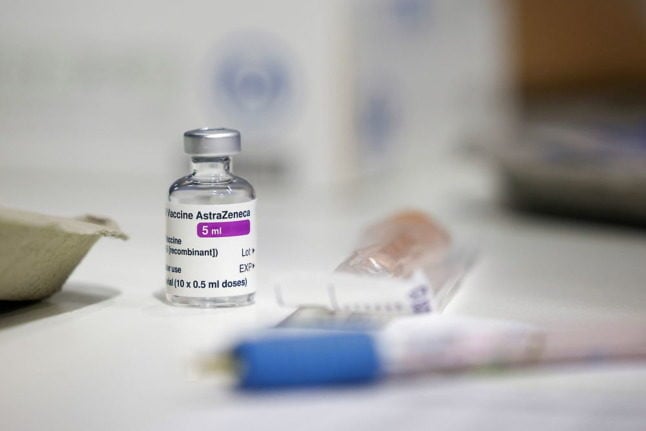The Central Jutland administrative region for healthcare signed an agreement with the company, Practio, on Friday, the Ministry of Health confirmed in a statement. The agreement was made on behalf of all Danish regions.
The vaccines from the two companies have both been withdrawn by Danish health authorities from the national vaccination programme because a very small risk of serious side effects combined with the stable situation of the Covid-19 pandemic in Denmark reducing the urgency to use them, health authorities previously said.
Only the Pfizer and Moderna vaccines are in general use in Denmark, which currently expects to complete vaccination of its population by the end of August.
Earlier this week, Health Minister Magnus Heunicke signed an order allowing the two scrapped vaccines to be distributed by private companies under an informed consent system.
People interesting in receiving one of the vaccines must first attend a medical consultation with a doctor, who can choose not to allow them to proceed with vaccination and instead wait to be invited for vaccination under the national programme.
The company will begin its first medical consultations on Saturday, Practio doctor and co-founder Anders Nilsen confirmed.
“After this, the doctor and member of the public will decide whether it’s right for them to be given a vaccine via the elective system, and if the doctor concurs, they can arrange this,” Nilsen said.
A preference for either of the two vaccines can be taken into account as part of the assessment.
The first vaccinations under the scheme are expected to be given in Copenhagen next week, with centres also on the way elsewhere in Denmark.
Heunicke gave his backing to the new system for the two vaccines.
“I’m very satisfied that we now have the formalities in place so that the first jabs with the scheme can be given next week,” the minister said in the Ministry of Health statement.
According to Practio, 20,000 people have already registered for the scheme as of Friday. Registration does not confer obligation to take a vaccine.
On Wednesday, Denmark gave around 50,000 vaccines with the Pfizer and Moderna jabs under the general vaccination programme.
The Danish College of General Practitioners has stated its opposition to the arrangement.
“There are still no criteria that can be used to find out who is suitable for the vaccine – you cannot give informed consent,” said the professional body’s chairperson, Anders Beich.
The Danish Medical Association took a similar stance but is not advising its members not to take part in provision of consultations.
“We still find it difficult to see how the new guidance helps individual doctors to conduct a concrete individual assessment,” said chairperson Camilla Noelle Rathcke.
READ ALSO:



 Please whitelist us to continue reading.
Please whitelist us to continue reading.
Member comments